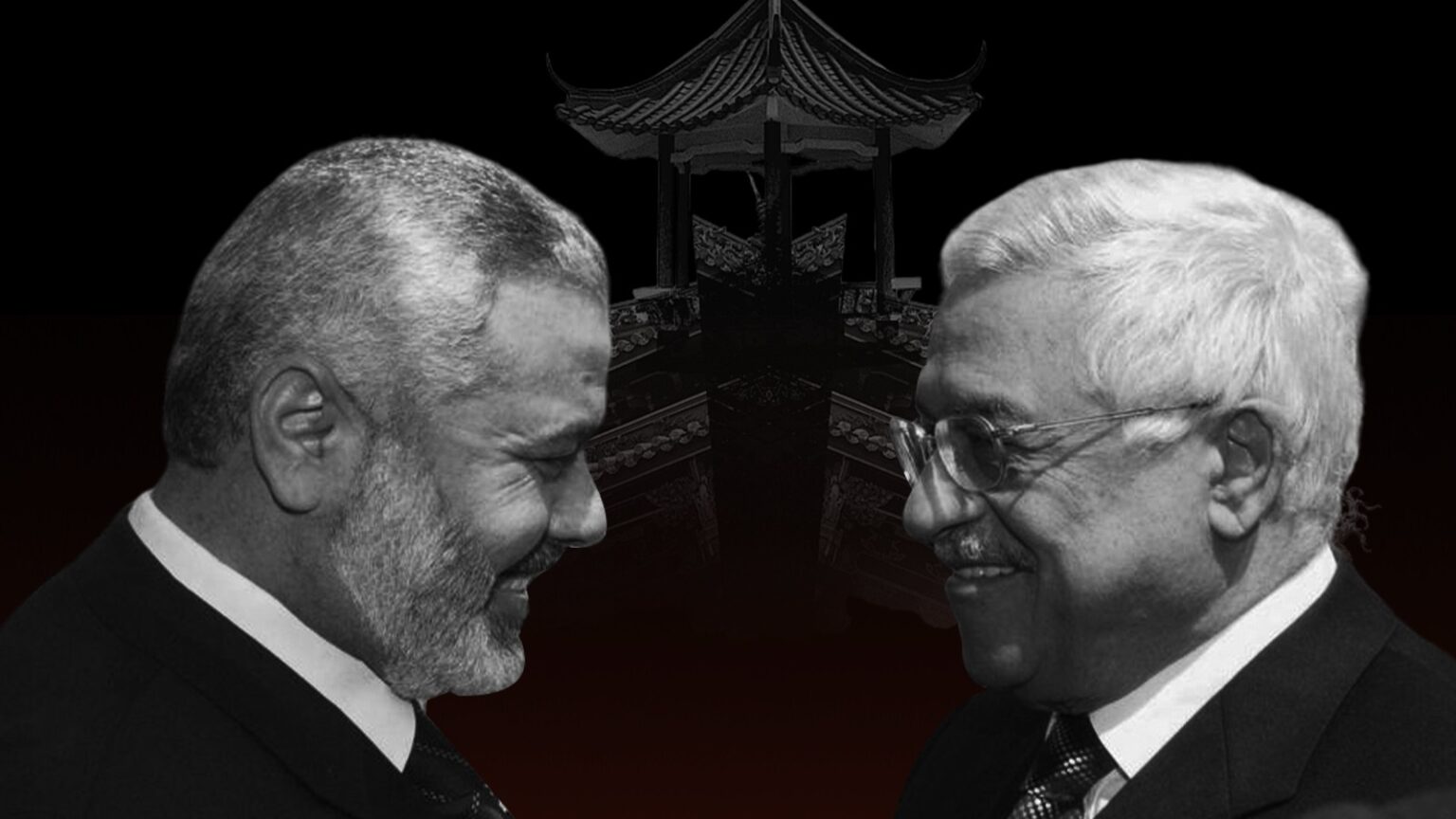China has recently taken a significant step in expanding its global diplomatic influence by facilitating a landmark agreement between rival Palestinian factions, including Hamas and Fatah, aimed at ending years of division. On Tuesday, representatives from these factions signed a “national unity” agreement in Beijing, marking a potential turning point in Palestinian governance, particularly concerning the post-war administration of Gaza.
Musa Abu Marzuk, a senior official from Hamas, emphasized the importance of this agreement, stating, “Today we signed an agreement for national unity and we say that the path to completing this journey is national unity.” The signing ceremony concluded three days of intensive dialogue among 14 Palestinian groups in the Chinese capital, showcasing China’s role as a mediator in complex international conflicts.
The agreement, as described by Chinese Foreign Minister Wang Yi, aims to establish an interim national reconciliation government to oversee Gaza once hostilities cease. “Reconciliation is an internal matter for the Palestinian factions, but at the same time, it cannot be achieved without the support of the international community,” Wang Yi noted, highlighting China’s pivotal role in providing a platform for these discussions.
This diplomatic initiative is part of China’s broader strategy to assert itself as a key player in global mediation efforts. By brokering talks between Hamas and Fatah, China is positioning itself as a neutral power capable of facilitating dialogue in long-standing conflicts, a role traditionally dominated by Western powers.
Historically, efforts to reconcile Hamas and Fatah have repeatedly faltered. The two groups have been locked in a political rivalry since Hamas’s victory in the 2006 legislative elections, which led to violent clashes and Hamas’s eventual control over Gaza. The Fatah-led Palestinian Authority continues to partially administer the West Bank, further complicating the Palestinian political landscape.
China’s involvement in these reconciliation talks underscores its growing diplomatic influence and willingness to engage in Middle Eastern affairs. This move aligns with China’s recent efforts to mediate other international disputes, such as the ongoing tensions between Ukraine and Russia, and reflects its ambition to play a more prominent role in shaping global peace efforts.
As these diplomatic developments play out, China’s mediation in Palestinian affairs signifies a notable shift in international relations, offering a glimpse into Beijing’s evolving global strategy. By facilitating dialogue and fostering unity among Palestinian factions, China not only enhances its diplomatic standing but also contributes to broader efforts towards achieving lasting peace and stability in the region.



